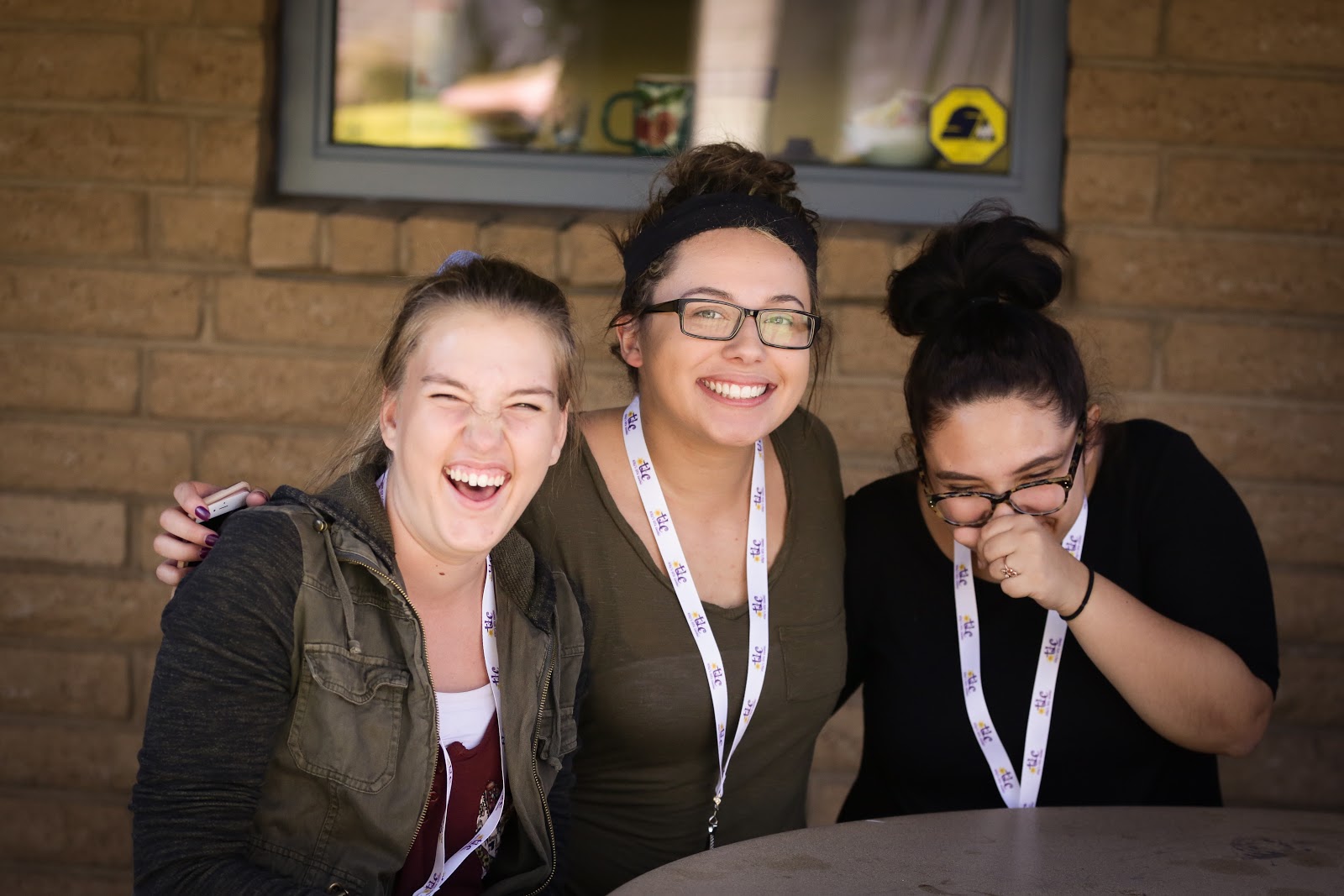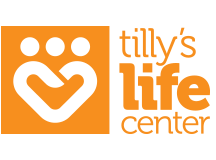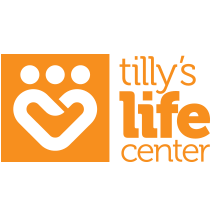
24 Apr What is SEL? The Ins & Outs of Social Emotional Learning
As a teenager, you go through so many transitions and may not know how to handle them, making those formative years even more difficult. When teens are confronted with new situations without the ability to cope, it can lead to depression, anxiety and even drug or alcohol abuse.
To combat this, it’s essential that educators and parents alike make a conscious effort to equip teens with the skills to better deal with what’s happening around them. But actually putting this into practice can be easier said than done, and that’s where Social Emotional Learning comes in.
What is SEL?
Social Emotional Learning (SEL) sounds like a complex educational theory, but it’s really just a term for building foundational social and emotional knowledge. So, we’re breaking down this emerging practice.
When a student is feeling distressed or anxious, they aren’t able to focus on their assignment or test. Their emotions and experiences outside the classroom directly affect their ability to learn, so helping teens learn how to deal with these emotions, will lead to greater success in their academic life.
SEL is built on the principle that, at its core, all learning is social and emotional. Giving students underlying skills that extend beyond the classroom will ultimately benefit them in their studies. When we really get down to it, SEL refers to the process through which teens acquire these skills, and learn how to implement them.
SEL curriculums tend to focus on topics that are applicable to multiple areas of life, including self-awareness, social awareness, responsible decision making, and creating healthy relationships. Many social emotional learning programs go even further, teaching teens to manage their emotions, improve self-discipline, and develop problem solving abilities. By reflecting on these topics and actually practicing them daily, teens are able to handle everyday challenges, make healthier choices, and communicate and learn more effectively. This helps them to thrive as happier and more successful adults.
What Are the Benefits of SEL?
Research about the positive impact of SEL is growing by the day. Already, we’ve seen the countless ways it helps students both in the short and long-term, but the benefits may stretch even further than we thought.
It’s no secret that learning social and emotional skills pays off in the classroom. You can see it through higher test scores, increased attendance, and overall GPA improvement. But SEL also improves students’ attitudes towards themselves and others, resulting in better stress management skills, lower levels of depression and anxiety, and a decreased desire to turn towards unhealthy behaviors.
The benefits of SEL can stay with students throughout their lives. SEL early on leads to more financial stability later in life, and a greater capacity for workplace success. This has the potential to improve lives on a global scale, creating a more driven, strong and efficient generation in the workforce.
How Can You Implement SEL?
SEL principles can be integrated into your typical classrooms, have dedicated sessions outside of the school day, and can even be woven into life at home. Regardless of how it’s structured, it’s always important to provide a safe and caring environment.
When it comes to activities, those included in SEL are focused on fostering a deeper understanding of emotions and cultivating social interaction. This could include journal writing, open discussions, mindfulness, and a host of others. In traditional classroom settings, teens could complete conflict-resolution exercises, team activities to learn cooperation, projects that require identifying emotions, and the list goes on.
Proven Stats
There’s a lot to unpack when it comes to SEL, so here are some facts that illustrate the real differences SEL makes.
- Students who are exposed to SEL are 42% less likely to be involved in physical aggression
- Schools with SEL programs in place saw a 5-12% reduction in dropout rates
- SEL lead to a 13% increase in academic performance
- 79% of employers say SEL skills are the most important qualities for job success
Above all, SEL helps set students up for success by giving them the confidence and awareness to focus on reaching their goals.
At Tilly’s Life Center, we live and breathe SEL. Our program empowers teens to overcome the obstacles they are met with on a daily basis, through the use of social and emotional learning. Learn more, find out how to donate, or bring our program to your school at https://tillyslifecenter.org/
Sources:
-42% less likely to say they were involved in physical aggression (https://www.cfchildren.org/wp-content/uploads/research/espelage-et-al-jah-2013.pdf)
-5-12% reduced school dropout rates with SEL programs in place (https://www.nber.org/papers/w20749.pdf)
-13% academic increase with SEL (https://www.cfchildren.org/wp-content/uploads/research/sel-has-positive-lasting-impact-for-k-12-students-2017.pdf)
-79% of employers say SEL skills are the most important qualities for job success (https://www.cfchildren.org/wp-content/uploads/what-is-sel/docs/world-bank-group.pdf)


